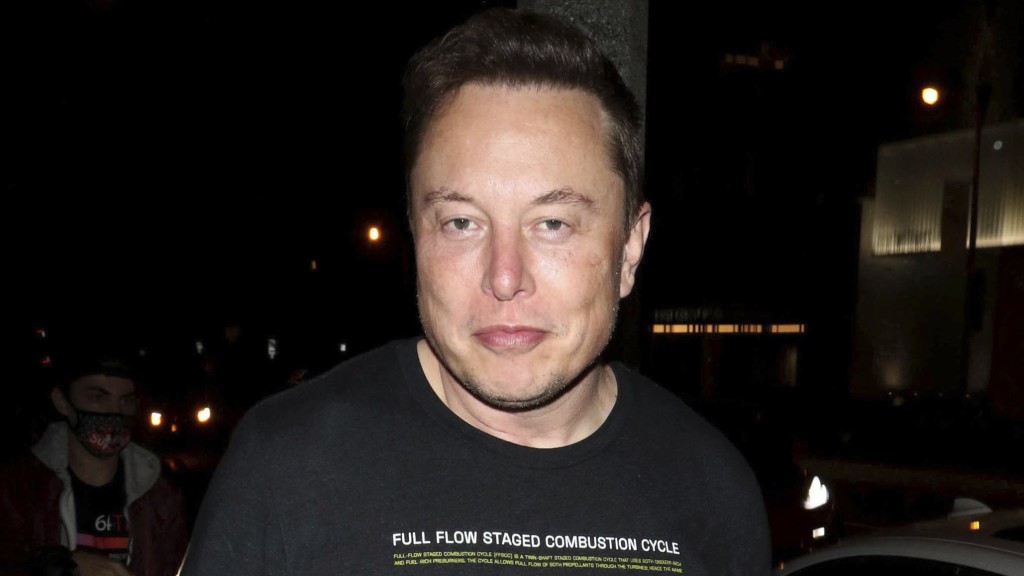As promised, Twitter sued Elon Musk, swinging a legal cudgel at the tech mogul in hopes of making him comply with his original $44 billion offer for the company.
The 241-page lawsuit was filed Tuesday in the Delaware Court of Chancery, which specializes in hearing business disputes, including M&A battles, that involve corporations incorporated in Delaware (as Twitter is). In the suit, Twitter accused Musk of “a long list of material contractual breaches by Musk that have cast a pall over Twitter and its business.”
“Having mounted a public spectacle to put Twitter in play, and having proposed and then signed a seller-friendly merger agreement, Musk apparently believes that he — unlike every other party subject to Delaware contract law — is free to change his mind, trash the company, disrupt its operations, destroy stockholder value, and walk away,” Twitter said in the lawsuit. (Download a copy of the lawsuit at this link.)
Musk, who currently has more than 100 million Twitter followers, tweeted four words on Tuesday after he was sued: “Oh the irony lol.”
Essentially, Twitter accused Musk of trying to pull out of the deal because it had become more expensive for him personally. Musk had lined up a $12.5 billion margin loan secured by Musk’s holdings in Tesla stock — and, as Tesla’s stock price fell, Musk would need to pledge more shares or cash as collateral to the financing sources. On May 24, according to Twitter, Musk — without notifying Twitter — “dispensed with the loan entirely and agreed in a new equity commitment letter to increase Musk’s equity commitment to $33.5 billion.”
With the Twitter deal becoming pricier, “Musk wanted an escape. But the merger agreement left him little room. With no financing contingency or diligence condition, the agreement gave Musk no out absent a Company Material Adverse Effect or a material covenant breach by Twitter,” the lawsuit said. “Musk had to try to conjure one of those.”
Twitter is being represented in the case by Wachtell, Lipton, Rosen & Katz, the New York City law firm focused on mergers, acquisitions and other business transactions. “Twitter has filed a lawsuit in the Delaware Court of Chancery to hold Elon Musk accountable to his contractual obligations,” Twitter chairman Bret Taylor tweeted Tuesday.
Twitter has filed a lawsuit in the Delaware Court of Chancery to hold Elon Musk accountable to his contractual obligations.
— Bret Taylor (@btaylor) July 12, 2022
Last Friday, after latching on to the idea that Twitter was lying about its claim that less than 5% of its active users are spam/bot accounts, Musk made good on his threat to walk away from the Twitter deal. He told the company in a letter from his lawyers that he was terminating the acquisition offer because, he alleged, the company breached the merger agreement mainly by “dramatically understating the proportion of spam and false accounts.”
“Preliminary analysis by Mr. Musk’s advisors of the information provided by Twitter to date causes Mr. Musk to strongly believe that the proportion of false and spam accounts included in the reported [monetizable daily active user] count is wildly higher than 5%,” Musk’s July 8 letter to Twitter said.
In its lawsuit, Twitter asserted that “Musk’s exit strategy is a model of hypocrisy.” In announcing the deal to buy Twitter on April 25 for $54.20/share, Musk said one of his goals was “defeating the spam bots.” However, according to the suit, “when the market declined and the fixed-price deal became less attractive, Musk shifted his narrative, suddenly demanding ‘verification’ that spam was not a serious problem on Twitter’s platform, and claiming a burning need to conduct ‘diligence’ he had expressly forsworn.”
On Sunday night, Musk responded to Twitter’s legal threat with a meme showing the billionaire laughing at the prospect of the company needing to disclose data about spam and fake accounts in court. “They said I couldn’t buy Twitter. Then they wouldn’t disclose bot info,” Musk’s post said. “Now they want to force me to buy Twitter in court. Now they have to disclose bot info in court.”
Even if Musk wins a court ruling that he is not legally obligated to complete the $44 billion acquisition, he would most likely have to pay a $1 billion breakup fee to Twitter. It’s also possible that the parties will settle out of court.
Musk, the world’s richest individual, clinched the deal to buy Twitter with the company’s board after he had amassed a 9.2% stake. (According to Twitter’s lawsuit, Musk currently owns 9.6% of the company’s stock.) The conservative CEO of Tesla and SpaceX was abuzz with ideas for changes he wanted to make at Twitter, including making Twitter strictly adhere to “free speech” principles.
A few weeks later, Musk suddenly took issue with Twitter’s longstanding claim that spam and fake accounts make up less than 5% of daily active users. He suggested, without providing any evidence, the Twitter user base could be “20% fake/spam accounts” or “*much* higher.” In early June, he threatened to spike the deal over the spam/bot issue. Meanwhile, Musk also acknowledged that lining up debt financing had become an obstacle to closing the transaction.
Twitter’s lawsuit charged that Musk’s actions have been “a model of bad faith.”
“While pretending to exercise the narrow right he has under the merger agreement to information for ‘consummation of the transaction,’ Musk has been working furiously — albeit fruitlessly — to try to show that the company he promised to buy and not disparage has made material misrepresentations about its business to regulators and investors,” the complaint said. “He has also asserted, falsely, that consummation of the merger depends on the results of his fishing expedition and his ability to secure debt financing.”
According to Twitter’s suit, under the final agreement with Musk, the company negotiated the right to hire and fire employees at all levels, including executives, without obtaining Musk’s approval. Musk’s initial draft of the merger agreement would have given him the right to OK the firing of employees at the level of VP or higher; according to Twitter, that provision was struck before signing.
Musk’s deal remains subject to approval by Twitter’s stockholders and certain regulatory approvals, the company’s suit noted. But both sides had agreed that “any circumstance affecting the market generally or other social media companies would not excuse [Musk] from closing” the deal, per Twitter’s lawsuit.
From Variety US


































